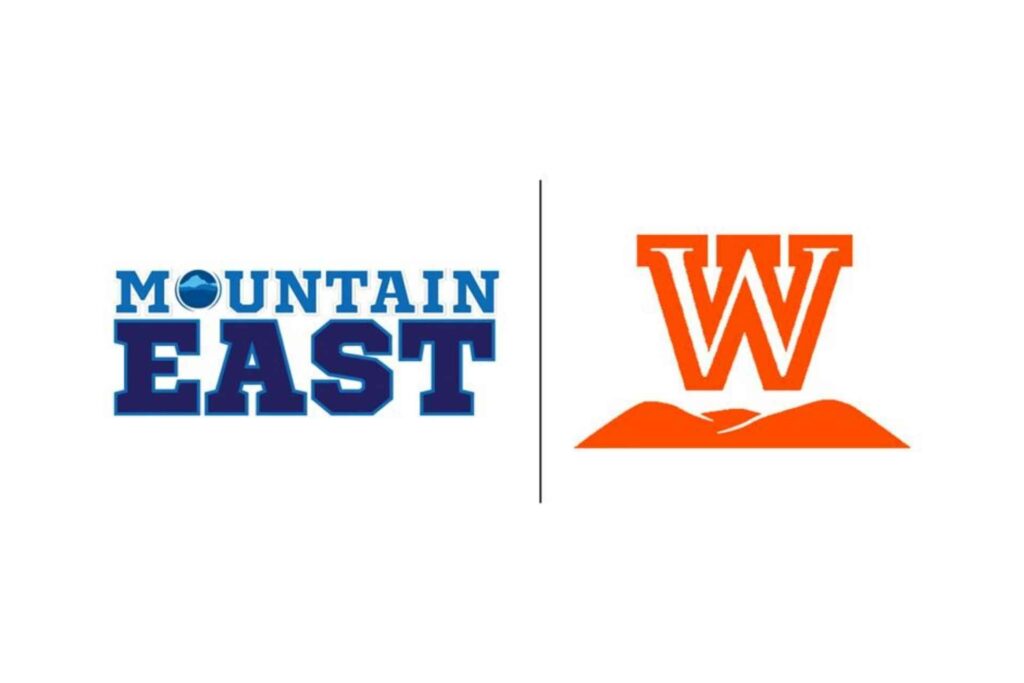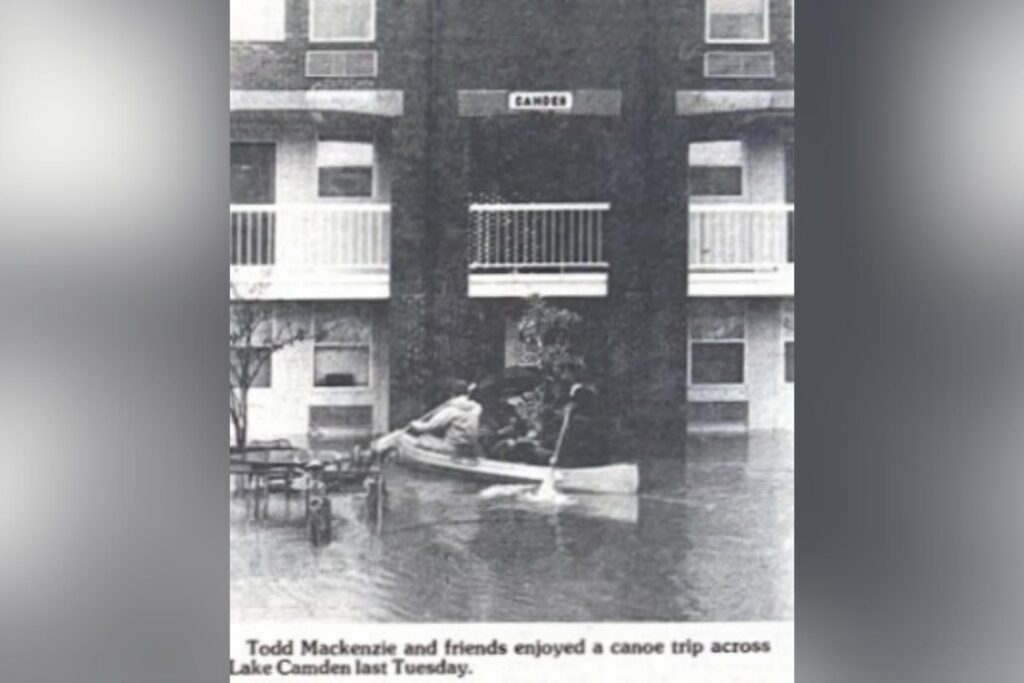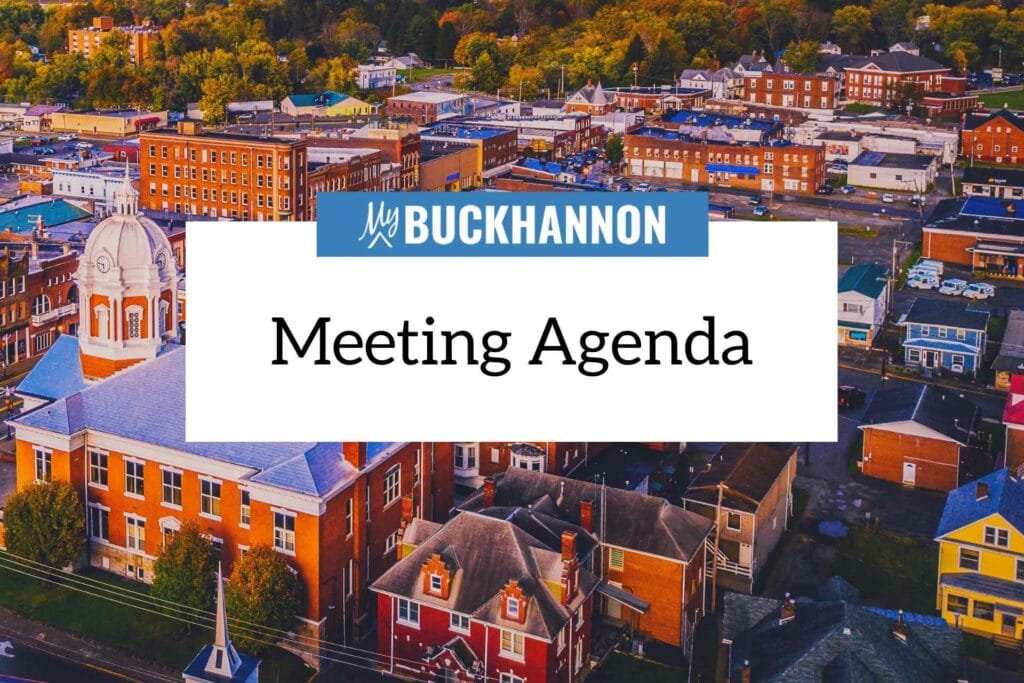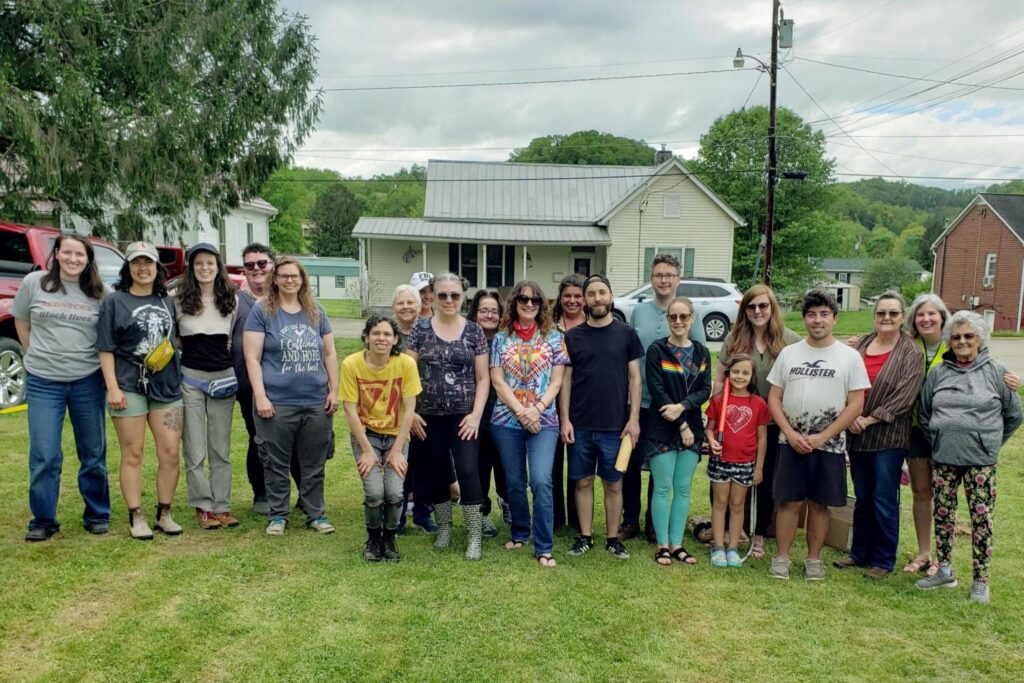WASHINGTON, D.C. – On Thursday, U.S. Senator Joe Manchin (D-WV) sent a letter to Amtrak CEO Richard Anderson expressing concern over Amtrak’s policies and restrictions that are creating financial hardship for the Collis P. Huntington Railroad Historical Society, Inc.
Collis P. Huntington has long been both a means of transportation and a West Virginia historical artifact, helping to bring millions of dollars to West Virginia’s economy annually through its operation of the New River Train.
The letter also explains the impact of Collis P. Huntington’s possible closure to West Virginia and urges Amtrak to re-examine their policies that are negatively affecting the historical railroad.
Senator Manchin said in part: “For more than 50 years as the focal point of the Railroad Days Festival, the New River Train has been at the heart of West Virginia’s proud railroading history. From providing jobs to bringing people from across the country to visit our beautiful state, railroads are still vital to the Mountain State today. That’s why I find it so disheartening to see the impacts of these decisions. I am committed to doing whatever I can, legislatively or otherwise, to save the traditions and communities threatened by these policies. I stand ready to work with you to keep West Virginian’s proud railroad history alive.”
Read the full letter below:
Dear Mr. Anderson,
I wrote to you in April 2018 to share my grave concerns about Amtrak’s decision to stop accepting private and charter trains. I noted then that it would have a destructive effect on West Virginia’s economy, and a particularly devastating impact on the Collis P. Huntington Railroad Historical Society, Inc., which operates the annual New River Train. For more than 50 years as the focal point of the Railroad Days Festival, the New River Train has been at the heart of West Virginia’s proud railroading history. However, I fear that due to Amtrak’s draconian new polices, the New River Train may never run again.
The state of West Virginia and the railroad industry go back a long way. Senator Robert C. Byrd was instrumental in saving the Amtrak Cardinal line in the 1980s, and his colleague Senator Jennings Randolph was a key vote in the creation of Amtrak. From providing jobs to bringing people from across the country to visit our beautiful state, railroads are still vital to the Mountain State today. Amtrak provides a number of critical passenger services to West Virginia. In particular, the Cardinal line traverses southern West Virginia between Washington and Chicago, traveling through towns like Hinton, Charleston, and Huntington.
In March of last year, Amtrak imposed new restrictions that eliminated special trains like the New River Train and removed Huntington as a station where private cars could be added to regularly scheduled Amtrak trains. I was initially encouraged by our phone call when you agreed to allow Collis P. Huntington to continue operating the New River Train in 2018. Unfortunately, your organization increased the cost to operate the train by $120,000 and imposed numerous, additional restrictions throughout the year that drove costs even higher. Despite its enormous popularity and increased seat prices for the two October Railroad Days weekends, the train still operated at a $180,000 loss. To make matters worse, Collis P. Huntington’s regular trips to Washington and New York – which help offset the costs of running the New River Train – had to be canceled since they could no longer originate or end in Huntington, WV.
As a government entity, I understand that Amtrak has a responsibility to both the taxpayers and to the public. But long-distance trains such as the Cardinal are a public service, and it is not possible for small private car operators like Collis P. Huntington to simply shop around for another operator. The price that Amtrak eventually quoted to Collis P. Huntington to operate the New River Train resulted in financial losses that make operating the train next year almost impossible. Additionally, multiple rate hikes and other operational changes were made without any prior notice. With some warning, Collis P. Huntington might have been able to create a new operating model that would have allowed it to weather these changes, but it was not given that chance. As a result of the financial hardship resulting from Amtrak’s changes and the haphazard way they were enacted, Collis P. Huntington’s employees have been laid off and the organization has had to close its doors.
Amtrak continues to justify these changes by arguing that they achieve cost savings and improve on-time performance, but it has failed to provide any statistics that corroborate its argument. I strongly believe that if you are going to jeopardize these institutions and harm small-town economies, you should at least have to explain why. That is why I helped author language in the Senate report accompanying the FY19 Transportation, Housing and Urban Development, and Related Agencies Appropriations Bill directing Amtrak to provide metrics on operational efficiency and cost savings and determine whether it could improve these policies without unjustly harming our local economies:
“Amtrak is, at times, one of the only operators available to private and non-profit organizations that utilize charter trains, special trains, and private trains, making its cooperation and communication with those organizations critical to their existence. In order to improve the transparency of Amtrak’s recent decisions, the Committee directs Amtrak to report on the effects of its changes in policy to charter trains, special trains, and private trains, including impacts on on-time performance, operational efficiency, and revenue. The information in the report should inform the Committee whether these policies could be improved upon without negatively impacting previously provided services. This report shall be included within Amtrak’s fiscal year 2020 budget request and include metrics used to determine pricing for these services.”
It is my hope this language improves Amtrak’s transparency and communication with small operators that rely on its services, but I fear that it may be too late for Collis P. Huntington. It is important to remember that Amtrak’s policies do not simply impact the bottom line of the organization, but countless other businesses and communities along its tracks. Collis P. Huntington is not just a nonprofit that has showcased the cultural impact of the railroad in West Virginia for over 59 years; the New River Train is one of the largest tourist events in the area, bringing in around $5 million to the local economy, which the community relies on for important fundraising activities for the rest of the year.
Without West Virginia’s historical support, Amtrak would not exist. That’s why I find it so disheartening to see the impacts of these decisions. I am committed to doing whatever I can, legislatively or otherwise, to save the traditions and communities threatened by these policies. I stand ready to work with you to keep West Virginian’s proud railroad history alive.














